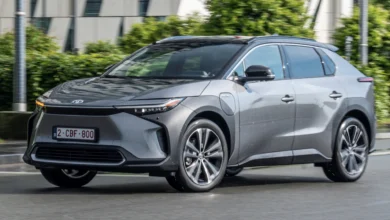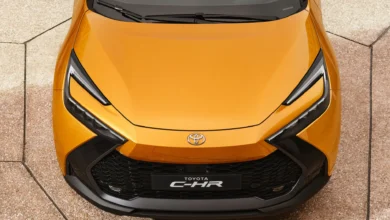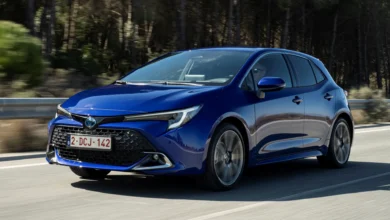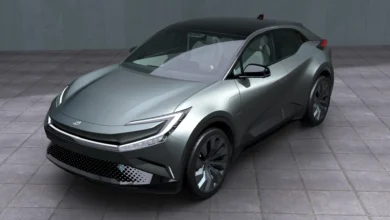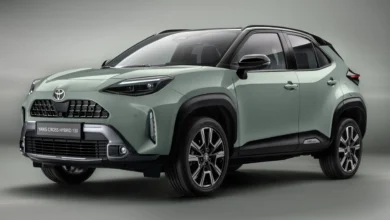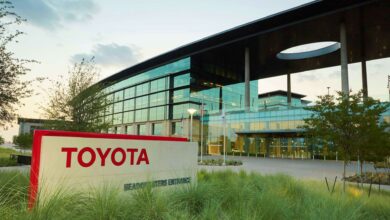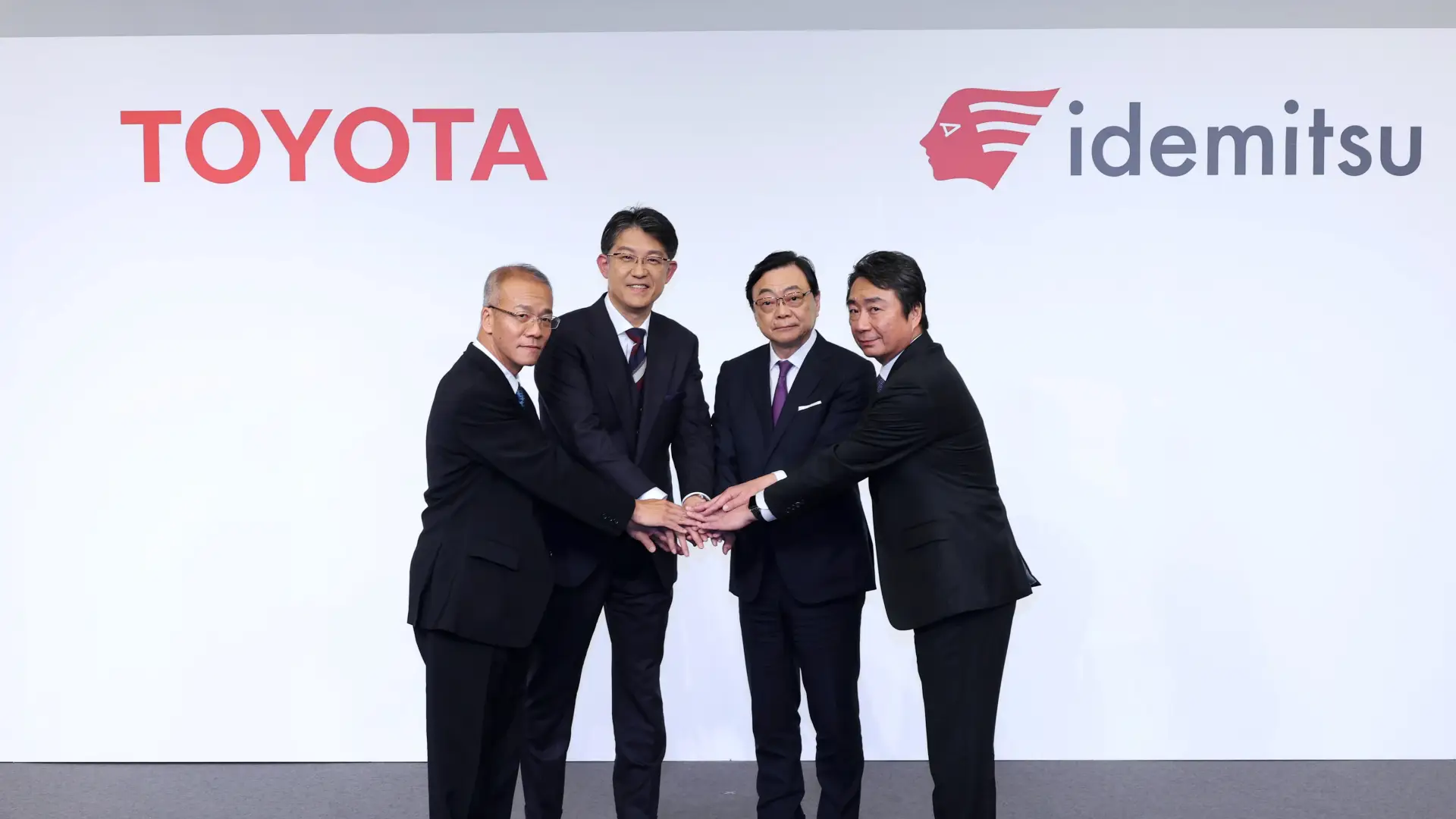
Toyota Motor and Idemitsu Kosan have announced a collaboration aimed at large-scale manufacturing of Japanese solid-state batteries. The battery technology that powers electric vehicles is crucial to guarantee buyers a functional vehicle that solves their mobility in the same way that combustion vehicles have done until now. In addition to reliability, the market demands range, charging times that are as fast as possible, low maintenance costs, and safety. For this reason, a substitute is being sought for the liquid electrolyte batteries that until now are being used in the industry. Solid electrolytes are the ideal candidates as they meet all the aforementioned requirements.
Toyota has its own pace in the firm’s race to put a full range of electric vehicles on the market. Earlier this year, what is now, by volume, the world’s largest automaker announced a “technological breakthrough” for solid-state batteries. It was not just a new battery based on this technology, it was also an attempt to address the durability challenges required of batteries that must withstand hundreds of thousands of kilometers without degrading excessively.
An ‘unexpected’ partner to manufacture the best batteries in the world
Idemitsu Kosan is the second-largest oil refinery in Japan. It owns a stake in Delta Lithium, an Australian company specializing in lithium mining and processing. The oil giant has become deeply involved in electric vehicle battery supply chains and is now presenting an agreement with Toyota with an eye on the future of the solid electrolyte.
According to the statement issued by both companies, the goal is to launch the next-generation batteries on the market by 2027-2028. The program will then continue with large-scale mass production. If all goes as planned, these new batteries could power Toyota’s electric vehicles before the end of this decade.
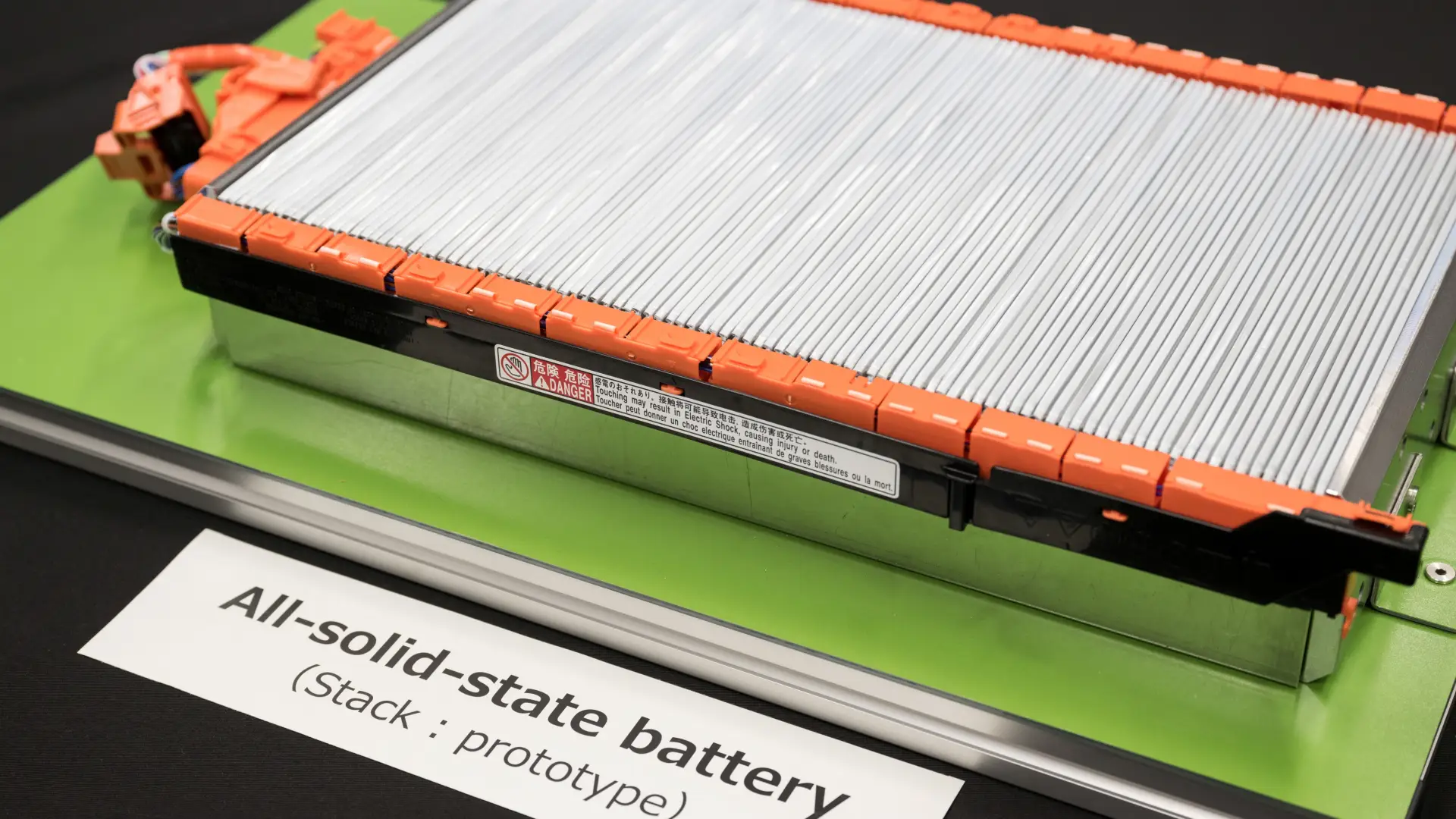
The performance of these electric cars would be far above what the current generation offers: range of 750-mile and recharging times of just 10 minutes. One of the biggest obstacles to this technology is the costs associated with its development and production. Although its advantages are evident, its high price could hinder its placing on the market.
What is Toyota solid electrolyte like?
The collaboration between both companies focuses on the development of solid sulfur electrolytes that are distinguished by their softness and adhesiveness and that have already demonstrated their potential to achieve high energy capacity and high performance in electric vehicles. All qualities make them ideal candidates for the mass production of batteries. The initial stage will focus on the basic development of a large pilot facility in which to test the small-scale production process.
In the later stages, mass production will be deepened, using this same plant. That will be when Toyota will incorporate them into its electric vehicles. The final step will be the thorough exploration of large-scale production and marketing.
The ‘other’ Toyota batteries
“We are determined to lead the world market in batteries,” said the Director of Technology, Hiroki Nakajima, a few months ago. “We will need several options for the batteries, just as we have different propulsion systems. These batteries must be compatible with any type of model.” Keiji Kaita, president of Toyota’s Advanced Engineering Development Center, revealed five new battery variants that would be available for deployment towards the end of this decade. The first, in 2026, will be the next generation lithium-ion batteries: 620-mile of range, 20% more economical, and recharge from 10% to 80% in less than 20 minutes.
Next will be bipolar lithium iron phosphate batteries, in 2026 or 2027. They will increase range by 20% and reduce costs by 40%. In 2028, an advance of these nickel-based will arrive that will improve the range by 10% and will have a 10% lower cost.
In parallel, Toyota will develop these solid electrolyte batteries available by 2027 or 2028 with 20% more range than the lithium-ion batteries of 2026, which implies a capacity of 750-mile.
Finally, Toyota foresees a second generation of solid batteries after 2028 that will provide 50% more range, which means, in practice, reaching up to 950-mile of range. They will give rise to a new line of next-generation electric vehicles that are already being developed from a blank slate from the recently created BEV Factory division.
